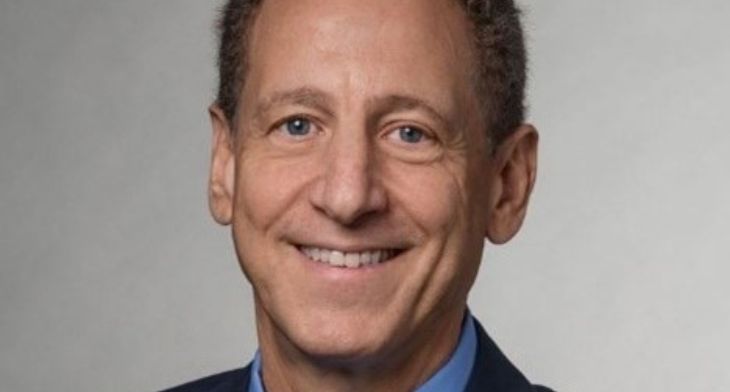
Globally, airports are facing increasing financial pressures, despite passenger traffic set to exceed pre-pandemic levels in 2024.
The Director General of Airports Council International (ACI), Justin Erbacci, who stated this recently at the Routes World 2024 in Bahrain, narrated that airports are grappling with the challenge of securing the necessary investments to expand and modernise their infrastructure.
Erbacci noted that “while the passenger growth is really increasing, the problem is from a financial perspective. The airports have not recovered financially from the pre-pandemic era.”
Recall that global air traffic is projected to reach 9.5 billion passengers in 2024, a four per cent increase over 2019 levels. However, airports are now under pressure to satisfy the increasing demand while also dealing with the financial impact from the previous few years.
He explained that this financial burden is creating significant challenges for airports, particularly as they look to upgrade and expand their infrastructure to meet the growing demands of air travel.
“It’s very difficult for airports to get the financing they need because they’re constantly pressured by their airline customers to keep costs down. But at the same time, they have to provide very efficient and customer-friendly facilities,” the Director-General said.
Revealing that investors are often cautious about committing large sums of money to airport projects, particularly in regions where passenger growth is uncertain or where regulatory frameworks are unclear, Erbacci urged governments to work closely with private investors to create stable, predictable investment environments that encourage long-term partnerships.
Like Erbacci, the Minister of Aviation and Aerospace Development, Festus Keyamo, had sought public-private partnerships for the Nigerian aviation industry.
According to the Minister, who spoke at a business summit recently, “public-private partnerships offer a viable solution to financing infrastructure projects and modernising airport facilities. Successful PPPs ensure that private investment is harnessed to improve services while allowing governments to focus on regulation and oversight.”
He explained that the government, airport authorities, airlines, regulators, and private sector investors must work together to align strategies and priorities for airport viability, “ensuring airports have access to the financing and resources they need to thrive.”
With his expertise, the Former Military Airport Commandant at Murtala Mohammed International Airport (MMA), Group Capt. John Ojikutu (rtd), told The Guardian that though airlines have gone through the COVID-19 time, which the passenger traffic is yet to recover from, domestic airlines must look inward to determine profitability of their business plans before venturing into air transportation of passengers or cargo businesses.
“The first sign of the effect of rising costs of air operations got to the national focus in the mid-twenties, when there had to be over N200 billion in government intervention funds for the government agencies and the private airlines. The cost of fuel is not the only thing to reduce operations costs: there are still external repairs MRO that require foreign exchange rate: there is a need to wet lease aircraft than dry lease because of cost,” Ojikutu said.






